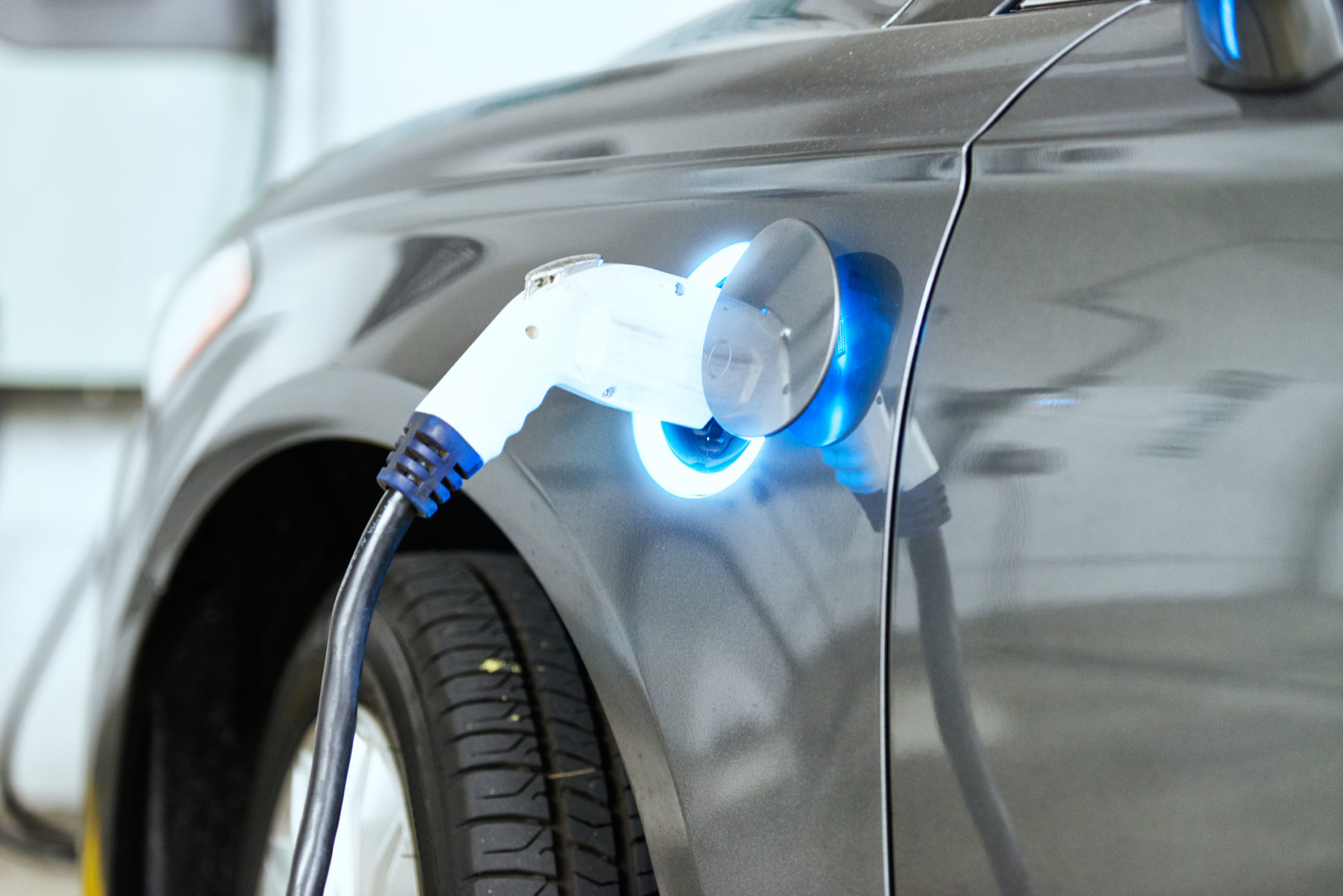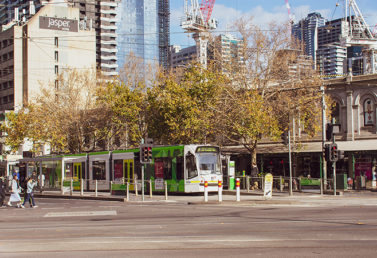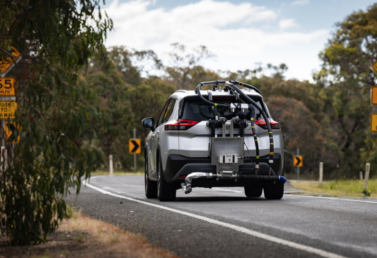The AAA notes today’s media reports, which reflect the findings of a 2017 study of the consumer choice and cost impacts of a 2025 vehicle emissions standard of 105g/km.

The Australian Automobile Association (AAA) notes today’s media reports, which reflect the findings of a 2017 study of the consumer choice and cost impacts of a 2025 vehicle emissions standard of 105g/km.
The AAA commissioned this extensive analysis because, at the time, this specific target and timeline was the preferred policy of both the Government and the Opposition.
The report – which the AAA shared with both sides of politics in 2018 – clearly shows that such a stringent target for 2025 would fail to deliver either the promised emissions reductions or fuel savings.
This is because manufacturers would likely continue selling the vehicles Australians want, by incurring – and passing on to consumers – non-compliance fines totalling more than $3 billion annually. The report also quantifies the dramatic reduction in vehicle choice needed for manufacturers to comply with a 2025 target of 105g/km.
Two years after commissioning the report, the AAA is concerned that neither the Government nor the Opposition is offering voters clarity on their respective vehicle emission reduction timelines and the associated costs. Australia’s peak motoring body encourages both sides of politics to ensure that, before election day, voters understand the costs and benefits associated with their respective policy positions.
Despite the unavoidable costs involved, the AAA is a strong supporter of technology-neutral policies that can support the development of a cleaner fleet – via the introduction of a CO2 standard, stronger noxious emissions standards, and improved Fuel Quality standards. These policy issues – as well as the need to sustainably integrate cleaner vehicles into the tax system – are interrelated. Therefore, they must be addressed in a considered and comprehensive manner.
Australia’s light vehicle fleet contributes around 10 per cent of Australia’s CO2 emissions, and the AAA supports the introduction of an emissions standard that recognises the unique needs and preferences of Australian motorists, as well as the fuel quality available to them.
A poorly-designed standard would drive up the cost of cars and the cost of petrol, and it would significantly curtail the availability of popular vehicle makes and classes. Therefore, both sides of politics must clearly articulate their vehicle emissions targets and timelines ahead of the election.
The AAA calls on all parties to commit to a balanced policy – with full details made public – that meaningfully curbs emissions without dramatically reducing vehicle choice or imposing significant cost burdens on consumers.
The AAA study on the Proposed CO2 Standard for Light Vehicles can be found at this link.

The latest AAA Transport Affordability Index reveals transport cost rises exceeded the consumer price index not only in the September 2023 quarter but also over the 12 months to the end of September.
read more
Initial results of Australia’s first program to test vehicle real-world performance show the cars tested use up to 13% more fuel on the road than they did in lab tests reported by manufacturers.
read more
The quarterly update of the AAA’s EV Index shows the Australian new vehicle market continuing to change.
read more